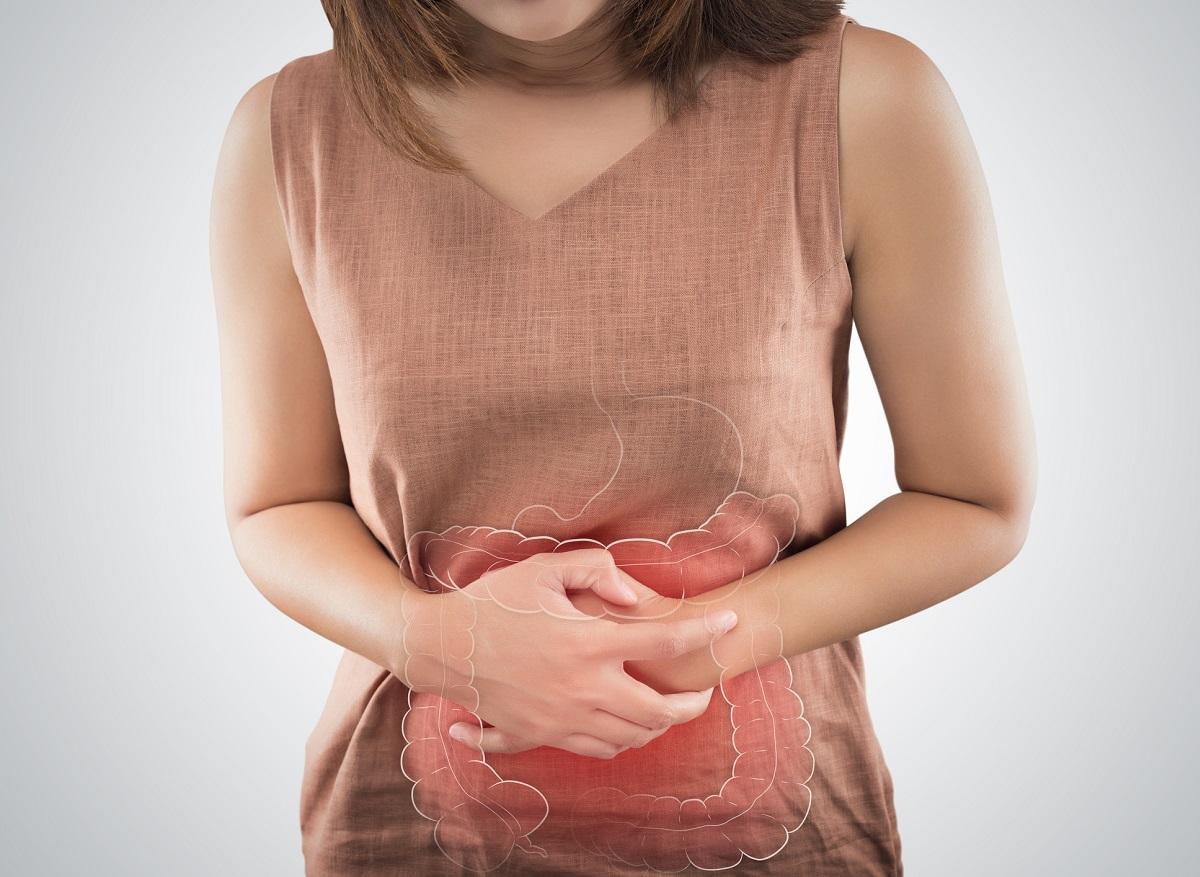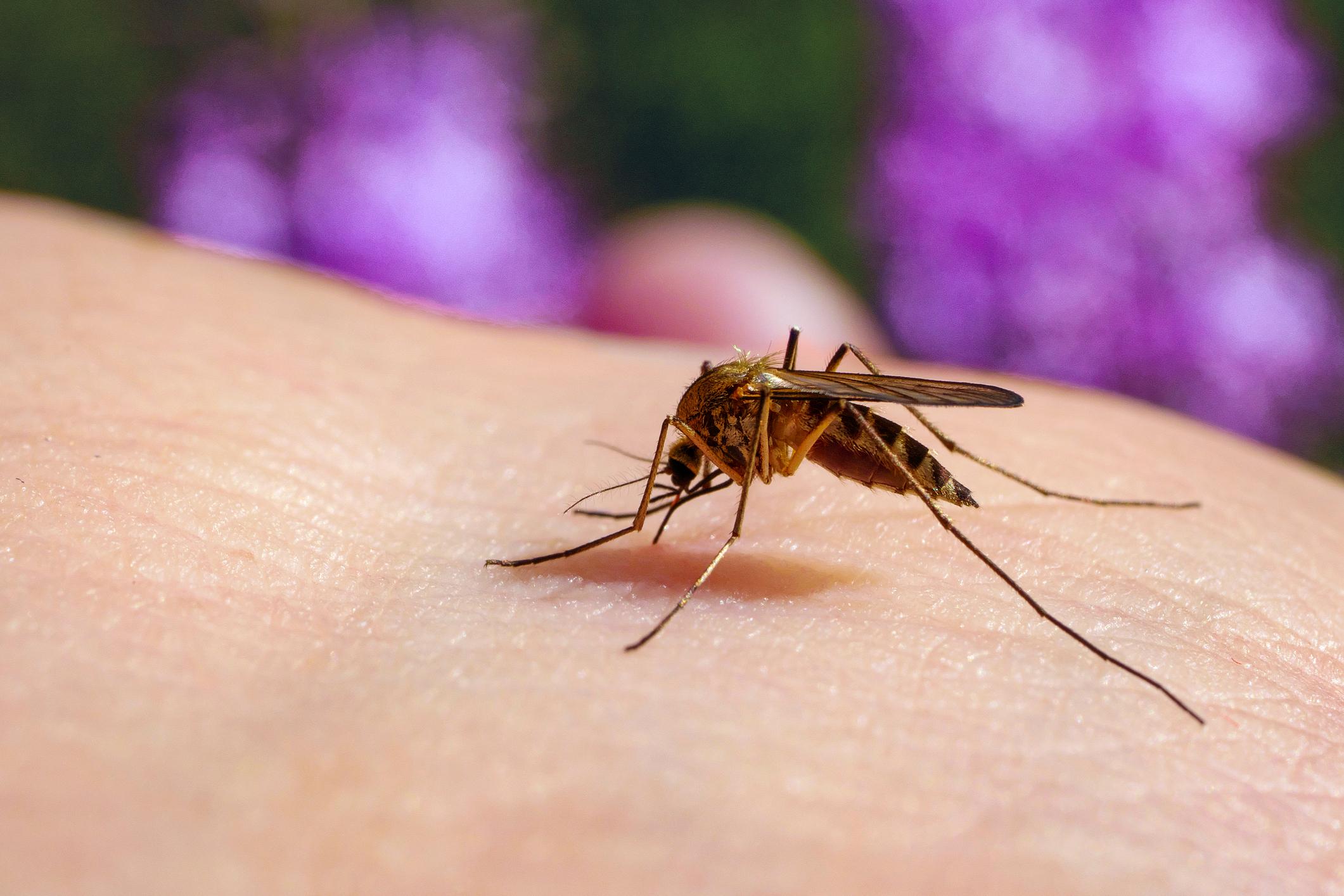Marie, Jean, Sophie and Pierre wanted to enjoy a picnic outdoors… but nothing went as planned.

- Marie, Jean, Sophie and Pierre all got sick while having a picnic.
- Tests revealed they were suffering from food poisoning from vegetables contaminated with dangerous bacteria.
- Common causes of food poisoning include improper food handling, poor hygiene during meal preparation, cross-contamination, improper food storage, unsanitary production conditions, etc.
Once upon a sunny day, a group of friends, Mary, John, Sophie and Peter, decided to enjoy a picnic outdoors. Each one prepared a delicious dish to share with the others. Mary prepared a salad made with lettuce, tomatoes and fresh cucumbers, John prepared ham and cheese sandwiches, Sophie prepared grilled vegetable skewers and Peter prepared a fruit tart with a crispy crust.
They had set up camp near a lake, spread a large checkered tablecloth on the grass, and carefully arranged the dishes. Everything looked perfect, and they were eager to enjoy their meal.
However, as they began to eat, they quickly noticed something strange. Mary complained of stomach pain, while John felt nauseous. Sophie began to have stomach cramps, and Peter felt a burning sensation in his throat.
Worried, they looked at each other and realized that they were all affected in the same way. They understood that they were suffering from food poisoning.
Their symptoms quickly worsened. Mary began vomiting and developed a fever, John felt weak and confused, Sophie developed severe diarrhea, and Peter felt pain.
It turned out that the salad Mary had prepared was the likely source of the food poisoning. Tests revealed the presence of dangerous bacteria in the vegetables used, likely due to cross-contamination or improper handling during preparation.
Food poisoning from contaminated vegetables
The friends spent several days in the hospital, under constant medical supervision. They received treatment to combat the bacterial infection and were placed on IVs to combat dehydration. The symptoms slowly subsided, but the effects of the food poisoning left temporary aftereffects, such as fatigue and fragile digestion.
After their recovery, the friends decided to investigate further the origin of the contaminated vegetables. They discovered that they came from a local producer whose hygiene standards were insufficient. They alerted the relevant health authorities to avoid similar cases in the future.
The Doctor’s Debrief
Food poisoning is unfortunately quite common. It can occur as a result of eating food contaminated with bacteria, viruses, parasites or toxins.
Common causes of food poisoning include improper food handling, poor hygiene during meal preparation, cross-contamination, improper food storage, unsanitary production conditions, etc.
According to the World Health Organization (WHO), there are hundreds of millions of cases of food poisoning each year worldwide. The severity of these food poisonings can vary greatly depending on a variety of factors, including the type of pathogen involved, the amount of contaminated food consumed, the general health of the affected person, and their individual susceptibility.
Some food poisoning cases may be relatively mild and resolve on their own within a few days, while others can lead to serious complications requiring hospitalization and intensive medical care.
Common Symptoms of Food Poisoning
They can vary depending on the type of pathogen responsible for the infection and the individual sensitivity of the affected person. Here is a detailed description of the symptoms most commonly associated with food poisoning:
– Stomach aches : Stomach aches are often one of the first symptoms experienced when food poisoning occurs. They can be mild to severe and can include abdominal pain, cramps or feelings of bloating.
– Nausea : Nausea is a feeling of discomfort in the stomach, often accompanied by the imminent sensation of vomiting. It can be mild to severe and can persist for a variable period of time.
– Vomiting : Vomiting can be triggered by nausea and occurs when the body tries to get rid of harmful substances in the stomach. It can be repetitive and lead to dehydration if the person cannot keep fluids down.
– Diarrhea : Diarrhea is a common symptom of food poisoning. It is characterized by frequent, watery stools, often accompanied by abdominal cramps. Diarrhea can lead to dehydration if not treated properly.
– Abdominal cramps : Abdominal cramps are spasmodic pains felt in the abdominal region. They can be mild to severe and may be accompanied by other symptoms such as bloating and gas.
– Fever : Some foodborne illnesses can cause your body temperature to rise, leading to a fever. A fever may indicate a more serious infection that requires medical attention.
– General weakness : Food poisoning can cause a general feeling of weakness and fatigue, making daily activities more difficult.
It is important to note that symptoms can vary from person to person, and some individuals may experience more severe symptoms or additional complications depending on their overall health and the severity of the infection.
If you experience persistent or severe symptoms of food poisoning, it is essential to consult a healthcare professional to obtain an accurate diagnosis and receive appropriate treatment.
Food poisoning: the different degrees of severity
Here are some examples of the severity of food poisoning associated with some common pathogens:
Salmonella : Salmonella infection can cause symptoms such as fever, severe diarrhea, abdominal cramps, and vomiting. In most cases, symptoms disappear within a few days to a week. However, in people with weakened immune systems, infants, the elderly, and individuals with chronic illnesses, the infection can spread to other parts of the body and become potentially fatal.
Escherichia coli (E. coli) : Some strains of E. coli, such as the O157:H7 strain, can cause serious symptoms, including bloody diarrhea, severe abdominal pain, vomiting, and life-threatening kidney failure. These infections can be particularly dangerous in young children and people with compromised immune systems.
Listeria : Listeria infection, usually acquired by eating contaminated foods such as unpasteurized dairy products, prepared meats and vegetables, can lead to a serious illness called listeriosis. Listeriosis can cause symptoms such as fever, headache, muscle aches, nausea and vomiting. In people at risk, such as pregnant women, the elderly and immunocompromised individuals, listeriosis can lead to serious complications, including systemic infections and meningitis.
However, it is important to note that the majority of food poisoning cases are mild to moderate and resolve without major complications.
In these cases, symptoms usually resolve within a few days with adequate rest, adequate hydration, and a light diet. It is crucial to consult a healthcare professional if you have severe symptoms, severe dehydration, blood in the stool, or any other concerns related to food poisoning. The severity of food poisoning can vary, so it is important to get an accurate diagnosis and appropriate treatment if necessary.
















